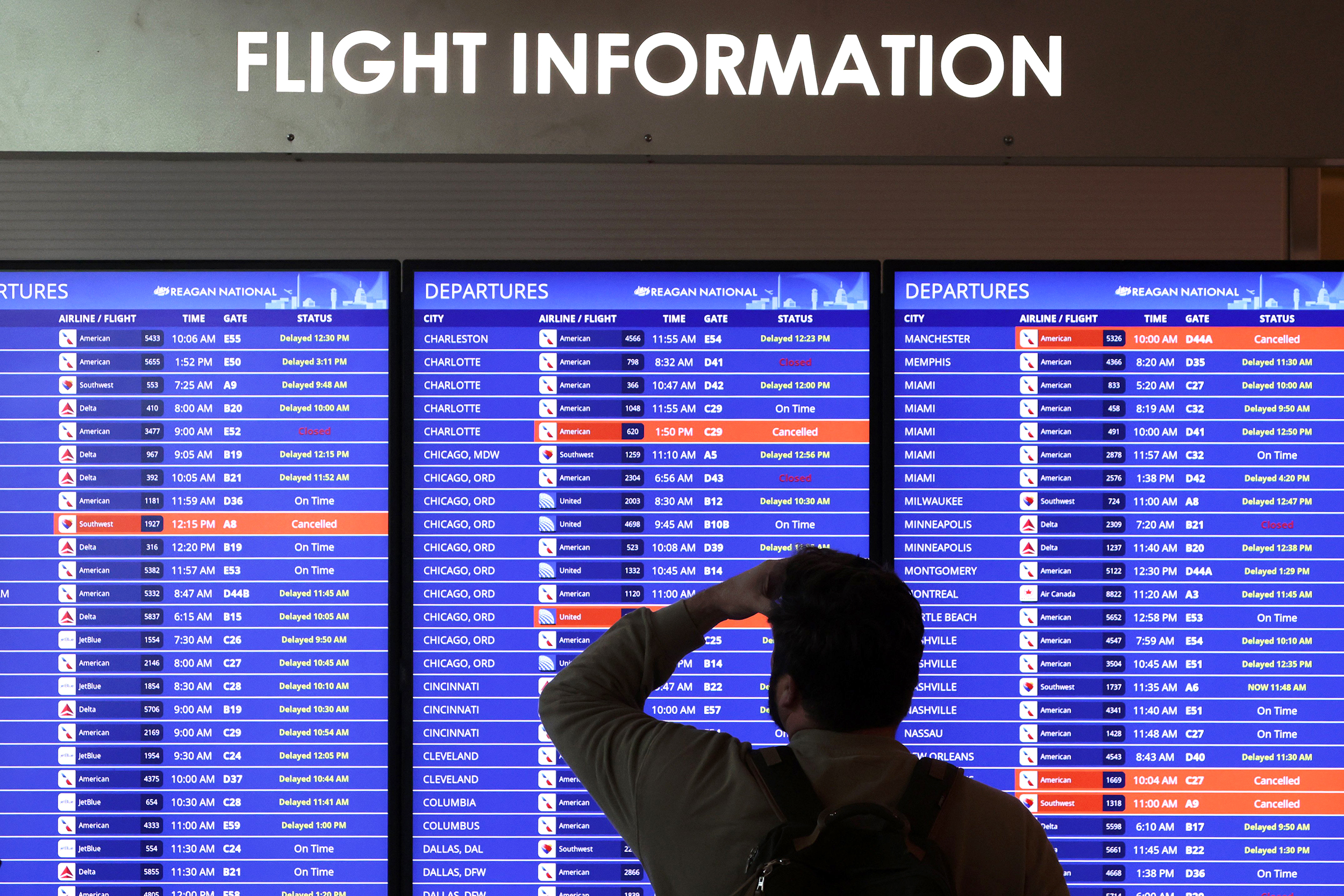The U.S. Department of Transportation (DOT) announced two new rules yesterday that will help air travelers get refunds for services the airlines have not provided and ban junk fees such as forced fees for seat selection. These rules aimed to simplify the refund process and strengthen passenger rights.
Extracts below are from the U.S. DOT
Requiring Automatic Cash Airline Refunds
The first rule requires airlines to promptly provide passengers with automatic cash refunds when owed because their flights are cancelled or significantly changed, their checked bags are significantly delayed, or the ancillary services, like Wi-Fi, they purchased are not provided.
Without this rule, consumers have to navigate a patchwork of cumbersome processes to request and receive a refund — searching through airline websites to figure out how to make the request, filling out extra “digital paperwork,” or at times waiting for hours on the phone. Passengers would also receive a travel credit or voucher by default from many airlines instead of getting their money back, so they could not use their refund to rebook on another airline when their flight was changed or cancelled without navigating a cumbersome request process.
DOT’s rule makes it simple and straightforward for passengers to receive the money they are owed. The final rule requires refunds to be:
- Automatic: Airlines must automatically issue refunds without passengers having to explicitly request them or jump through hoops.
- Prompt: Airlines and ticket agents must promptly issue refunds within seven business days of refunds becoming due for credit card purchases and 20 calendar days for other payment methods.
- Cash or original form of payment: Airlines and ticket agents must provide refunds in cash or whatever original payment method the individual used to make the purchase, such as credit card or airline miles. Airlines may not substitute vouchers, travel credits, or other forms of compensation unless the passenger affirmatively chooses to accept alternative compensation.
- Full amount: Airlines and ticket agents must provide full refunds of the ticket purchase price, minus the value of any portion of transportation already used. The refunds must include all government-imposed taxes and fees and airline-imposed fees.
Protecting Against Surprise Airline Junk Fees
Secondly, DOT is requiring airlines and ticket agents to tell consumers upfront what fees they charge for checked bags, a carry-on bag, for changing a reservation, or cancelling a reservation. This ensures that consumers can avoid surprise fees when they purchase tickets from airlines or ticket agents, including both brick-and-mortar travel agencies or online travel agencies.
The rule will help consumers avoid unneeded or unexpected charges that can increase quickly and add significant cost to what may, at first, look like a cheap ticket. Extra fees, like checked baggage and change fees, have been a growing source of revenue for airlines, while also becoming more complex and confusing for passengers over time. In total, thanks to the final rule, consumers are expected to save over half a billion dollars every year that they are currently overpaying in airline fees.
DOT’s rule ensures that consumers have the information they need to better understand the true costs of air travel. Under the final rule, airlines are required to:
- Disclose baggage, change, and cancellation fees upfront: Each fee must be disclosed the first time that fare and schedule information is provided on the airline’s online platform — and cannot be displayed through a hyperlink.
- Explain fee policies before ticket purchase: For each type of baggage, airlines and ticket agents must spell out the weight and dimension limitations that they impose. They must also describe any prohibitions or restrictions on changing or cancelling a flight, along with policies related to differences in fare when switching to a more or less expensive flight.
- Share fee information with third parties: An airline must provide useable, current, and accurate information regarding its baggage, change, and cancellation fees and policies to any company that is required to disclose them to consumers and receives fare, schedule, and availability information from that airline.
- Inform consumers that seats are guaranteed: When offering an advance seat assignment for a fee, airlines and ticket agents must let consumers know that purchasing a seat is not necessary to travel, so consumers can avoid paying unwanted seat selection fees.
- Provide both standard and passenger-specific fee information: Consumers can choose to view passenger-specific fee information based on their participation in the airline’s rewards program, their military status, or the credit card that they use — or they can decide to stay anonymous and get the standard fee information.
- End discount bait-and-switch tactics: The final rule puts an end to the bait-and-switch tactics some airlines use to disguise the true cost of discounted flights. It prohibits airlines from advertising a promotional discount off a low base fare that does not include all mandatory carrier-imposed fees.
Who Gets a Refund?
The new rule outlines several scenarios where passengers are entitled to cash refunds.
Cancelled or Significantly Delayed Flights
Passengers can get a refund if their flight is cancelled or experiences a significant delay. The DOT defines “significant delay” as:
- More than 3 hours for domestic flights
- More than 6 hours for international flights
Flight Changes
Refunds are also available for specific flight changes, including:
- Departure or arrival time changes exceeding the above thresholds
- Changes to the departure or arrival airport
- Increased number of connections
- Downgrades to a lower class of service
- Changes to connections or aircraft that make the flight less accessible for passengers with disabilities
Mishandled Baggage
Passengers who file a mishandled baggage report can also be refunded their checked bag fee if the airline fails to deliver the luggage within:
- 12 hours for domestic flights
- 15-30 hours for international flights (depending on flight length)
Unprovided Extra Services
If a passenger pays for extra services like Wi-Fi, seat selection, or in-flight entertainment, but the airline doesn’t provide them, the passenger is entitled to a refund for those fees.
Exceptions
- Passengers who choose alternative transportation or travel credits offered by the airline are not eligible for cash refunds under this rule.
- In situations where a government restricts travel or a medical professional recommends against travel due to a serious communicable disease, airlines may offer travel credits or vouchers instead of cash refunds. Passengers may need to provide documentation to support their requests.
How are Refunds Issued?
The new DOT rule mandates airlines to issue refunds automatically and promptly.
- Timing:
- Within 7 business days for credit card purchases
- Within 20 calendar days for other payment methods
- Method:
- Cash
- Original form of payment (credit card, airline miles, etc.)
Airlines cannot substitute cash refunds with vouchers, travel credits, or other forms of compensation unless the passenger explicitly chooses them.
When Does This Take Effect?
The new rules will be phased in over the next two years.
This new DOT regulation aims to improve the passenger experience by simplifying the refund process and ensuring passengers receive their money back promptly when airlines fail to deliver promised services.



